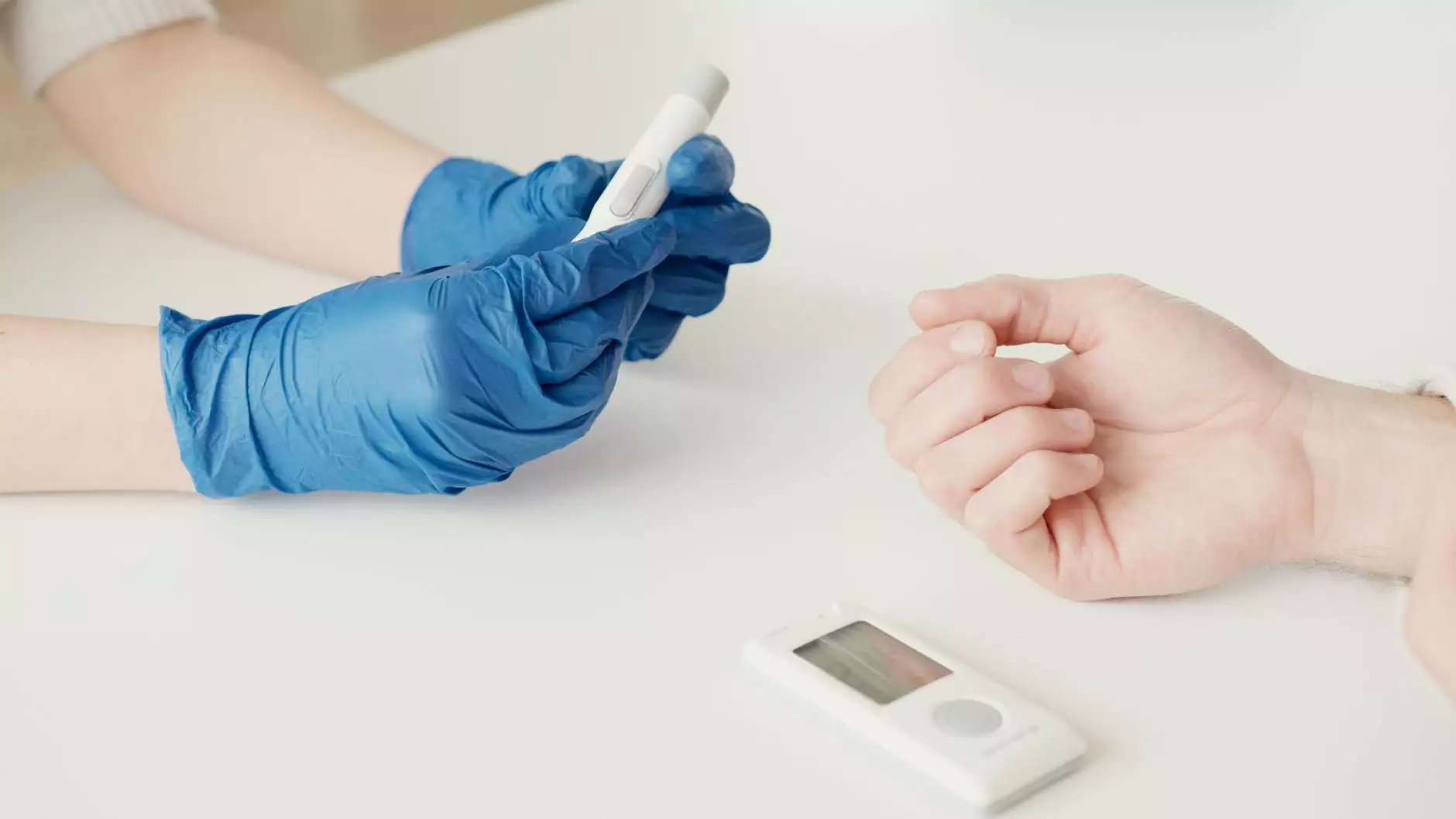Understanding Lung Cancer CT Scans: Importance and Insights

Lung cancer is a critical health issue globally, affecting millions and leading to countless fatalities. In recent years, advances in technology have significantly enhanced the methods for detecting this disease early. Among these technologies, the lung cancer CT scan has emerged as a crucial tool in modern medicine. This article explores the importance of lung cancer CT scans, their functionality, and their indispensable role within the broader health and medical framework.
What is a Lung Cancer CT Scan?
A lung cancer CT scan, or computed tomography scan, is an advanced imaging method that provides detailed pictures of the lungs and surrounding structures. Unlike standard X-rays, which offer a two-dimensional view, CT scans generate cross-sectional images allowing doctors to see more clearly what is happening within the lungs.
The Importance of Early Detection
Early detection of lung cancer is paramount to successful treatment outcomes. Studies have shown that if lung cancer is diagnosed at an early stage, the chances of survival can increase significantly. CT scans are instrumental in this process due to their high sensitivity in identifying small nodules and abnormal growths. Here are some key benefits:
- High Sensitivity: CT scans can detect smaller tumors that conventional X-rays might miss.
- Non-Invasive: This imaging technique is non-invasive, allowing for quick and painless diagnosis.
- Guiding Treatment: The detailed images from CT scans help in planning treatment strategies.
- Monitoring Progress: CT scans can be used to monitor the effectiveness of ongoing treatments.
How Does a Lung Cancer CT Scan Work?
Understanding how a lung cancer CT scan works can demystify the procedure and help patients feel more comfortable. Here’s a simplified breakdown:
- Preparation: Typically, no special preparation is needed. However, it’s essential to inform your doctor about any medications and health conditions.
- Positioning: Patients lie on a table that slides into a round, doughnut-shaped machine. It’s vital to remain still during the scan.
- Imaging Process: The CT scanner rotates around the body, taking numerous images from different angles. These images are processed by a computer to produce cross-sectional views of the lungs.
- Interpretation: A radiologist reviews the images to identify any abnormalities that may indicate lung cancer.
The Role of CT Scans in Diagnosing Lung Cancer
When it comes to the diagnosis of lung cancer, CT scans play a multi-faceted role. They not only help in identifying cancer but also assist in determining the stage of the disease. Staging is crucial for informing treatment options and predicting outcomes. Here's how CT scans contribute:
1. Identification of Tumors
CT scans can reveal masses in the lungs, which may indicate cancer. The imaging brings to light both size and shape, helping professionals assess whether these are benign or malignant.
2. Evaluation of Lymph Nodes
The scan helps evaluate nearby lymph nodes. This is essential, as cancer that has spread to the lymphatic system can indicate a more advanced stage of the disease.
3. Assessment of Metastasis
CT scans can show whether lung cancer has spread to other parts of the body, such as the liver, bones, or brain. This information is vital for staging and treatment planning.
Advancements in CT Scan Technology
In recent years, technology has significantly improved the quality and efficiency of CT scans. Innovations include:
- Low-Dose CT Scans: These scans reduce radiation exposure, making them a safer option for routine screenings.
- 3D Imaging: Some advanced machines can create three-dimensional representations of the lungs, enhancing diagnostic accuracy.
- Automated Detection Software: New software can help radiologists detect nodules more effectively, reducing the risk of oversight.
Who Should Get a Lung Cancer CT Scan?
While CT scans are beneficial, not everyone requires them. Certain criteria help determine who should undergo this imaging procedure:
1. High-Risk Individuals
Individuals with a history of smoking, particularly those over the age of 50, are often considered high-risk and may benefit from annual screening.
2. Family History
People with a family history of lung cancer or related cancers may be advised to receive regular screenings, regardless of their smoking history.
3. Persistent Symptoms
If a patient experiences persistent coughing, chest pain, or unexplained weight loss, a CT scan may be warranted as part of the diagnostic process.
Risks Associated with Lung Cancer CT Scans
While lung cancer CT scans provide valuable health insights, they are not without risks. Here are several considerations to keep in mind:
- Radiation Exposure: Although newer machines utilize lower doses, CT scans still involve exposure to radiation.
- Incidental Findings: Sometimes, a scan may reveal nodules or other issues that require further testing, leading to unnecessary anxiety.
- False Positives: The potential for false positives can lead to overdiagnosis and overtreatment.
The Cost of Lung Cancer CT Scans
Understanding the financial aspect of lung cancer CT scans is essential. The costs can vary widely based on location, healthcare providers, and insurance coverage. Generally, a CT scan may range from $300 to $3,000. Here are some factors that influence the pricing:
- Insurance Coverage: Many health insurance plans cover lung cancer screening, reducing out-of-pocket expenses for patients.
- Type of Facility: Costs may differ between hospitals and outpatient imaging centers.
- Add-On Services: Additional diagnostic tests or consultations can increase the overall expense.
Conclusion: The Future of Lung Cancer Detection
The lung cancer CT scan is a vital instrument in the early detection and management of lung cancer. As technology advances and awareness increases, its use is likely to expand, leading to earlier diagnoses and better patient outcomes. By understanding the significance, procedure, risks, and costs associated with lung cancer CT scans, patients and their families can make more informed decisions regarding their health care.
If you or a loved one are considering a lung cancer CT scan, speak to your healthcare provider about the potential benefits and whether it is suitable based on personal health history. Staying informed and proactive is essential in the fight against lung cancer.
For more information on health and medical check-ups, including services related to sports medicine and physical therapy, visit Hello Physio, where expert guidance and personalized care await you.







